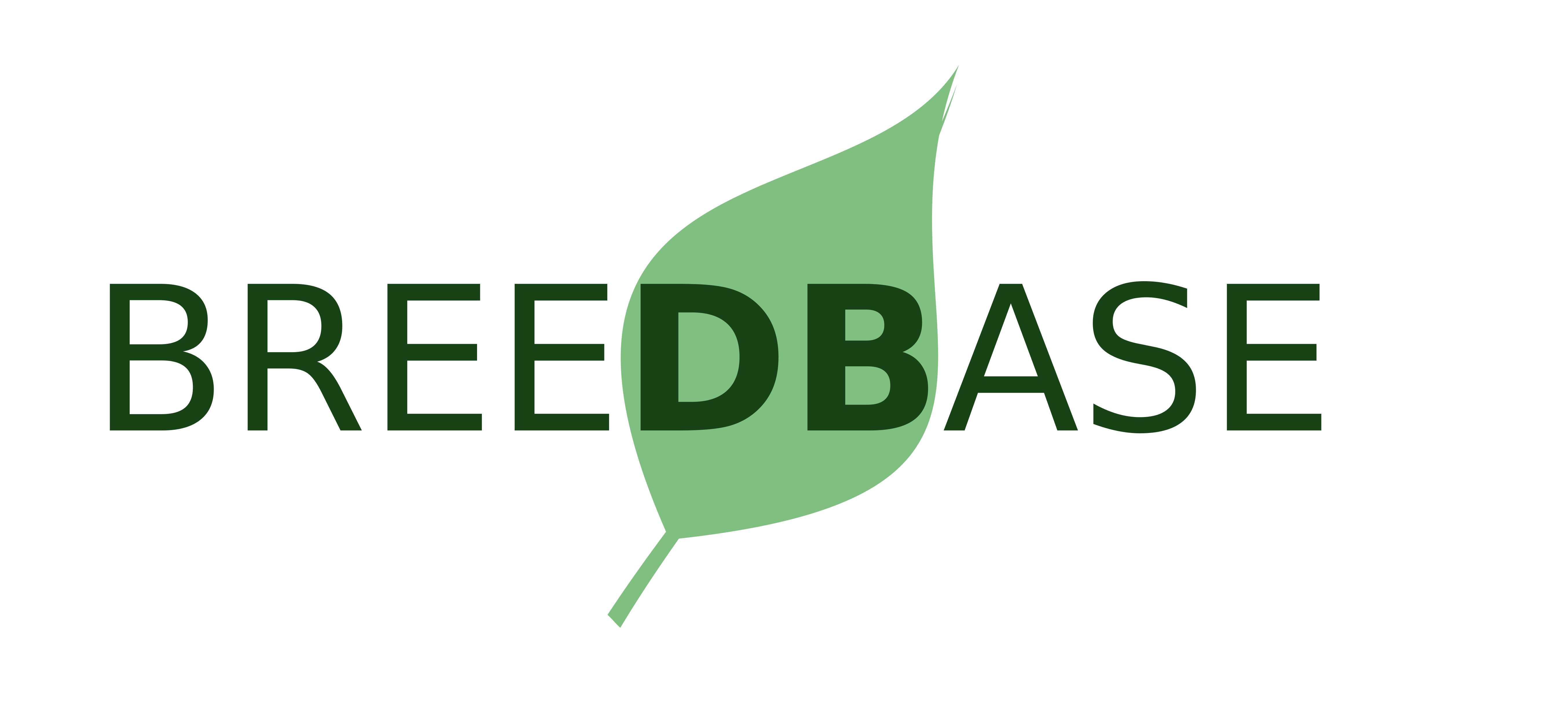About T3/Oat
Cite T3/Oat
If data on The Triticeae Toolbox was relevant to analyses or findings that you publish, please cite:
If you have data to publish in our database, please submit the data using oat-sandbox. Then, once the data has been loaded in the production database you should use the trial id and dataset id as references in your publication. If you have multiple data submissions that are related, please create a "Dataset" using the wizard, use the wizard again make the Dataset Public, then list the dataset id as a reference. The following are examples of how to cite your data.
| data type | name | citation |
|---|---|---|
| Phenotype trial | 1RS-Dry_2012_Davis | https://wheat.triticeaetoolbox.org/breeders/trial/7658 |
| Genotype project | 2012_SRWW_ElitePanel | https://wheat.triticeaetoolbox.org/breeders/trial/2780 |
| Genotype protocol | Infinium 90K | https://wheat.triticeaetoolbox.org/breeders_toolbox/protocol/70 |
| Breeding Program | Allele Based Breeding Cooperative | https://wheat.triticeaetoolbox.org/breeders/program/6208 |
| Breeding Program folder | ABB Mid | https://wheat.triticeaetoolbox.org/folder/6210 |
| Dataset | Tinker QTL 2021 | https://oat.triticeaetoolbox.org/dataset/18683 |
Usage Policy
The data on this database is shared according to the Toronto agreement (see below). In addition, each trial may have its own restrictions, please check the relevant section on each trial detail page.Toronto Agreement
- Explicitly informing applicants of data-release requirements, especially mandatory prepublication data release
- Ensuring that evaluation of data release plans is part of the peer-review process
- Proactively establishing analysis plans and timelines for projects releasing data prepublication
- Fostering investigator-initiated prepublication data release
- Helping to develop appropriate consent, security, access and governance mechanisms that protect research participants while encouraging prepublication data release
- Providing long-term support of databases
Data producers should state their intentions and enable analyses of their data by:
- Informing data users about the data being generated, data standards and quality, planned analyses, timelines, and relevant contact information, ideally through publication of a citable marker paper near the start of the project or by provision of a citable URL at the project or funding-agency website
- Providing relevant metadata (e.g., questionnaires, phenotypes, environmental conditions, and laboratory methods) that will assist other researchers in reproducing and/or independently analysing the data, while protecting interests of individuals enrolled in studies focusing on humans
- Ensuring that research participants are informed that their data will be shared with other scientists in the research community
- Publishing their initial global analyses, as stated in the marker paper or citable URL, in a timely fashion
- Creating databases designed to archive all data (including underlying raw data) in an easily retrievable form and facilitate usage of both pre-processed and processed data
Data analysts/users should freely analyse released prepublication data and act responsibly in publishing analyses of those data by:
- Respecting the scientific etiquette that allows data producers to publish the first global analyses of their data set
- Reading the citeable document associated with the project
- Accurately and completely citing the source of prepublication data, including the version of the data set (if appropriate)
- Being aware that released prepublication data may be associated with quality issues that will be later rectified by the data producers
- Contacting the data producers to discuss publication plans in the case of overlap between planned analyses
- Ensuring that use of data does not harm research participants and is in conformity with ethical approvals
- Scientific journal editors should engage the research community about issues related to prepublication data release and provide guidance to authors and reviewers on the third-party use of prepublication data in manuscripts




